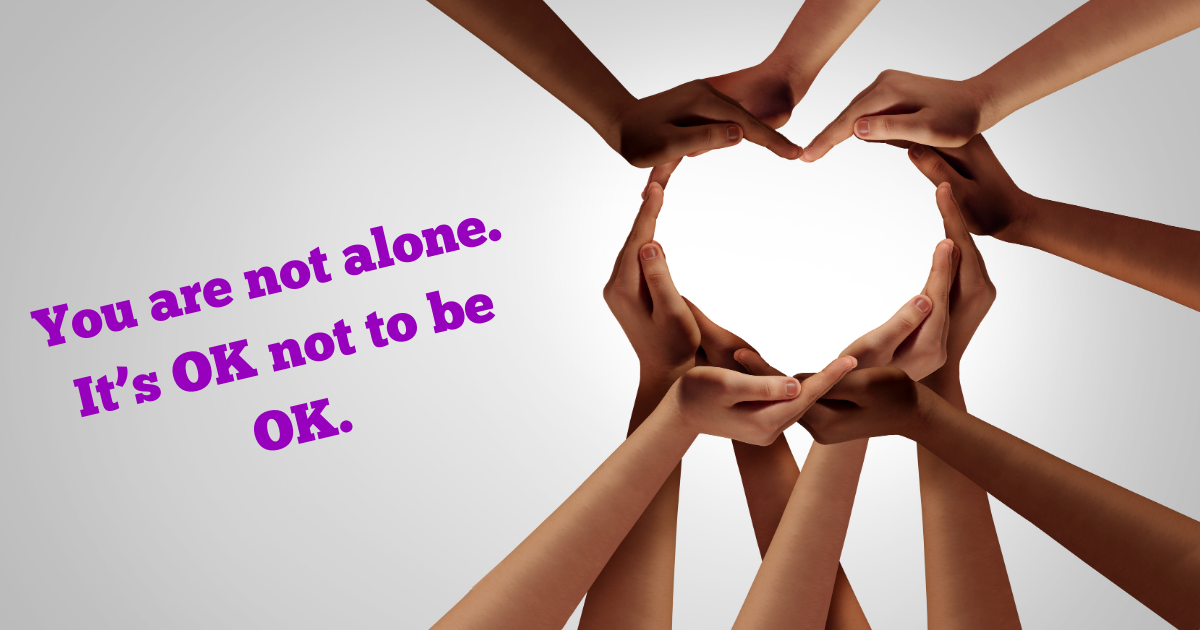
Every May, Mental Health Awareness Month reminds us that mental health is just as important as physical health. This national observance aims to raise awareness, reduce stigma, and encourage individuals to seek help when needed.
More than half of adults in the U.S. will experience a mental illness — conditions affecting mood, behavior, or thinking — at some point in their lives. The most common include anxiety, depression, and bipolar disorder. Unfortunately, nearly half of adults facing mental health challenges don’t receive the treatment they need due to high care costs, provider shortages, and lingering stigma.
When left untreated, mental health conditions can affect both personal and work responsibilities — but support is available, and seeking help is a sign of strength.
Mental health challenges are common and treatable. If you or a loved one is struggling, consider these steps:
Reading isn’t just entertainment — it’s good for your brain and emotional health too. Some healthcare providers even recommend bibliotherapy, or therapeutic reading, to support individuals facing anxiety, depression, and grief.
Here’s how reading benefits your mind:
Mental health challenges can affect focus and motivation. If reading feels overwhelming:
Mental wellness is vital at every age — including for those navigating Medicare and individual health coverage options. Zinn Insurance is here to support your whole health journey.
👉 Contact us to learn how your health plan can support mental health resources.
